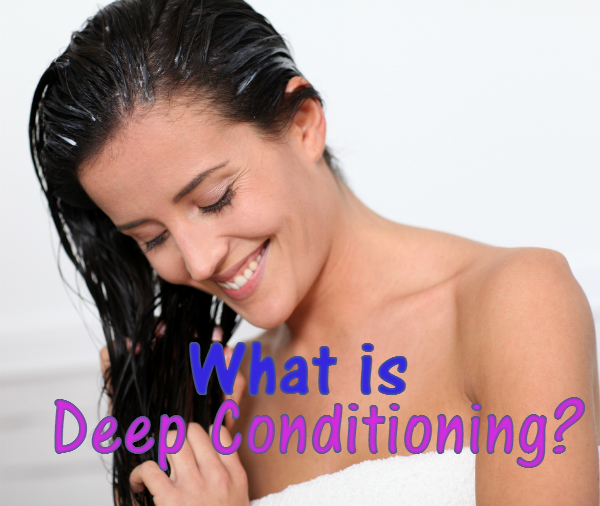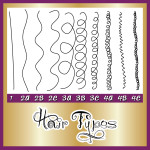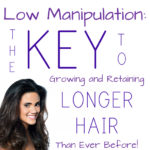Hello Lovelies!
I think that deep conditioning is perhaps the most important tool when it comes to growing long hair. Now there has been some debate among hair scientists as to whether deep conditioning is effective and if its even necessary, and I’m in the it’s absolutely necessary camp. Your opinion may differ depending on whether or not you have he proper frame of mind as to what deep conditioning is actually meant to achieve. I am convinced that most people don’t know the true purpose of deep conditioning and have absolutely no idea as to how deep conditioning works. I’m sure of that because I was one of them, but I’m here to set the record straight.
Deep conditioning is a hair care practice that can restore or maintain the strength of the hair strand so that it is better able to withstand day-to-day stressors without sustaining damage. Many people erroneously believe that deep conditioners work by primarily penetrating the hair and providing tons of moisture to the inner workings of the hair shaft. Now there are ingredients that have the ability to penetrate the hair shaft and work their magic on the hair’s cortex, but for the most part, Deep conditioning allows for temporary repair to the hair shaft via surfactants, small particles found in deep conditioners, adhering to gaps and damaged sections of the hair strand.

How Surfactants Work
To understand how surfactants work, I need you to recall a bit of 8th grade science. Surfactants are small molecules that come in two types. They can be hydrophobic (water-repelling) or hydrophilic (water-loving), and they can carry a positive, negative, or neutral charge. The type of surfactants that are typically found in deep conditioning products tend to carry a positive charge. Human hair has a somewhat negative charge, so when you apply a deep conditioner to the hair that contains positively charged surfactants, these positively charged molecules are attracted to the negatively charged surface of the hair, sort of like a magnet. Surfactants are not absorbed beyond the hair’s cuticle into the hair shaft, but they are rather adsorbed onto the hair strand, meaning the simply adhere to it. The by-product of this temporary bond is hair that looks healthier, is easier to manage, and overall feels smoother.
Choosing The Right Deep Conditioner
All deep conditioners aren’t created equal. The most expensive deep conditioner that makes elaborate claims about its ability to transform your hair may have very little to no effect at all, and the cheapest deep conditioner around may actually provide noticeable results to the condition of your hair. So how do you choose the proper deep conditioner for your hair’s needs? The answer is to pay attention to ingredients. Instead of relying on marketing and hype on the front of hair products, turn the product over and become familiar with the ingredients. Check out this post for a specific list of the type of ingredients you should look for when choosing a deep conditioner.


